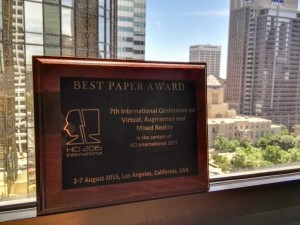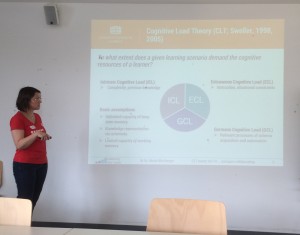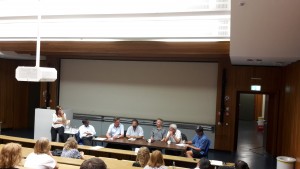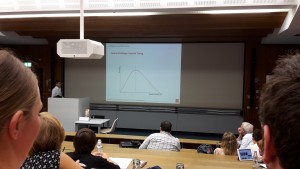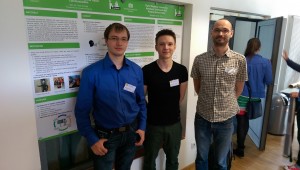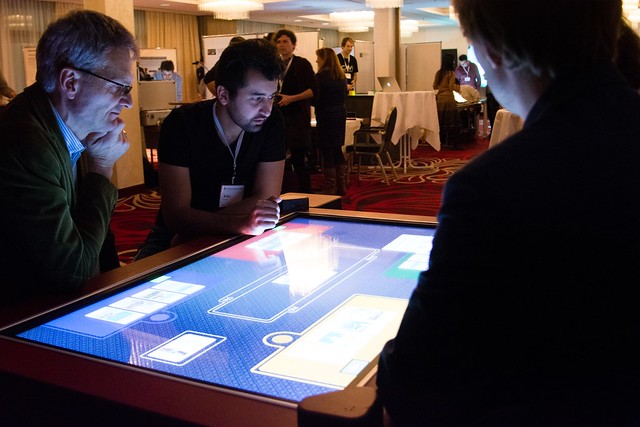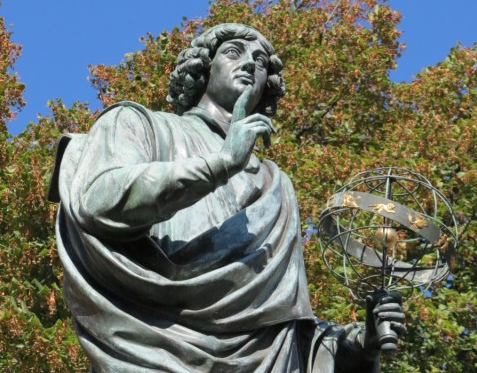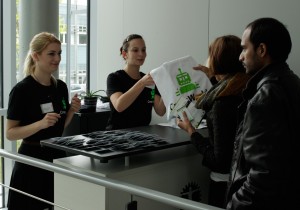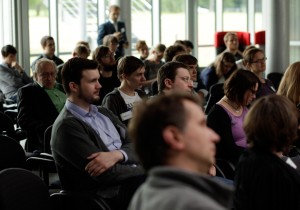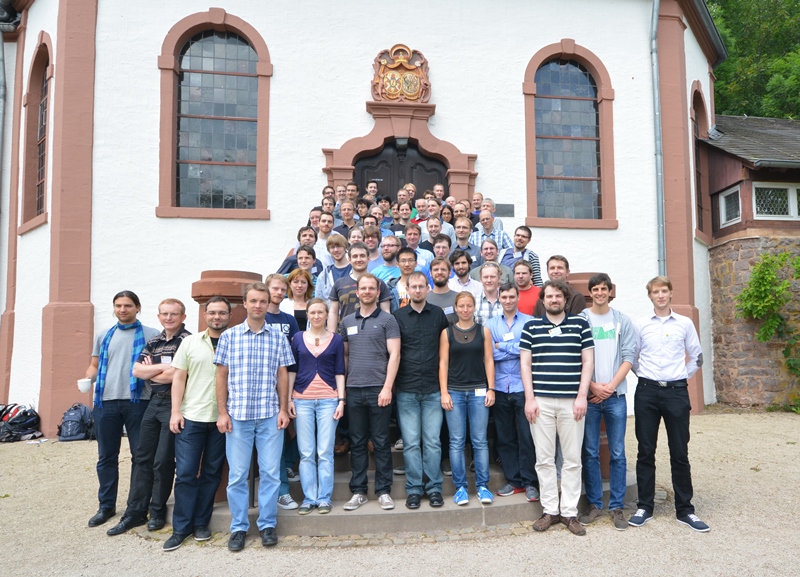We had a busy July at Crossworlds with several of our colleagues travelling to LA to attend the HCI International Conference. During the conference, our colleagues presented a total of six papers. They covered a broad range of topics including the perception of virtual agents, game based learning, and spatial cognition in virtual environments. On top of that, our colleagues Daniel Pietschmann, Benny Liebold, Peter Ohler, and Georg Valtin received a best paper award in the Virtual, Augmented, and Mixed Reality devision with their paper “Development of a media-independent Stereoscopic Ability Test to assess individual ability to process stereoscopic media“. Well done!
Before the conference, Daniel Pietschmann and Benny Liebold had the chance to visit the Stanford Virtual Human Interaction Lab (VHIL) at two days, which is directed by Jeremy Bailenson. There, they shared experiences from their own VR research and talked VR tech—and of course they could try out the virtual environments that were used in local research projects.
